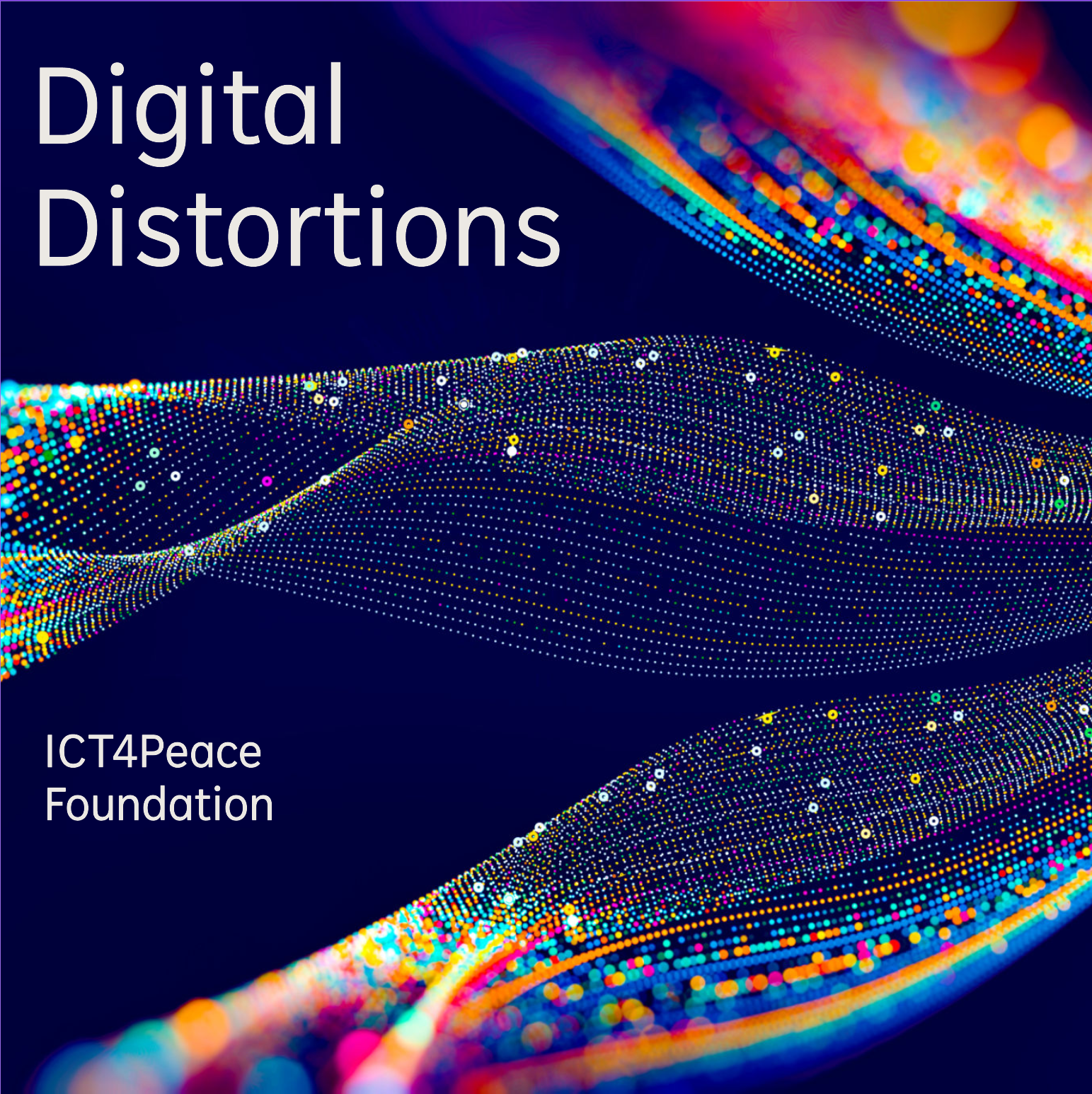The ICT4Peace Foundation is delighted to release the Fourth episode of Digital Distortions, a podcast series looking at the role, reach, and relevance of disinformation, and truth decay in contemporary democracies, hosted by the Foundation’s Special Advisor Dr Sanjana Hattotuwa, and supported by the Daniel Gablinger Foundation.
This podcast features an in-depth conversation with Sophie Achermann who studies public discourse online. She is the co-founder, and managing director of the Public Discourse Foundation, a Swiss-based foundation that aims to research, and strengthen public discourse on the Internet. Achermann brings a wealth of experience from her work in Switzerland and beyond, tackling online harassment and promoting safer digital spaces. Throughout their conversation, Hattotuwa and Achermann explore the multifaceted challenges of combating online hate, from algorithmic solutions to the power of empathy in counter-speech. They discuss the real-world impacts of digital harassment, particularly on women in politics and public life, and examine the delicate balance between free speech and content moderation. The dialogue also touches on the potential of AI, both as a challenge and a tool, in addressing these issues.
Major topic, themes, and issues covered in this discussion between Achermann, and Hattotuwa included,
- Online hate speech and gendered online harms, particularly against women and minorities
- Work of the Public Discourse Foundation and other initiatives to counter online hate speech
- Development of algorithms and AI to detect hate speech
- Effectiveness of counter-speech strategies, especially using empathy
- Impact of online harassment on political participation, especially for women
- Disconnect between online platform policies and their actual enforcement
- Need for transparency from social media companies
- Real-world consequences of online violence and harassment
- Challenges of balancing free speech with content moderation
- Role of traditional media (newspapers) in moderating online comments
- Potential uses and challenges of generative AI in addressing online harms
- Broader societal roots of misogyny and sexism that manifest online
- Responsibility of both tech companies and society in addressing online harms
- Potential for positive change through collective action against online hate
- European Digital Services Act (DSA) and its implications
- Challenges faced by law enforcement and judicial systems in addressing online harms
- Importance of community support and solidarity in countering online harassment
- Need for critical thinking in the age of AI-generated content
- Role of research in understanding and addressing online harmsPotential for using technology and social media for positive change in public discourse
Listen to it on SoundCloud, or Spotify and subscribe to new episodes on Spotify. Also available on other major podcast platforms, and apps.
See also the post by Sophie Achermann on the ICT4Peace website on 21. February 2021 here: Hate speech on the net, a danger for society and democracy
And find a compilation of articles, op-eds and podcasts by Sanjana Hattotuwa, Special Advisor, ICT4Peace of August 2021 here: The Nature of Disinformation and Nurture of Democratic Responses

